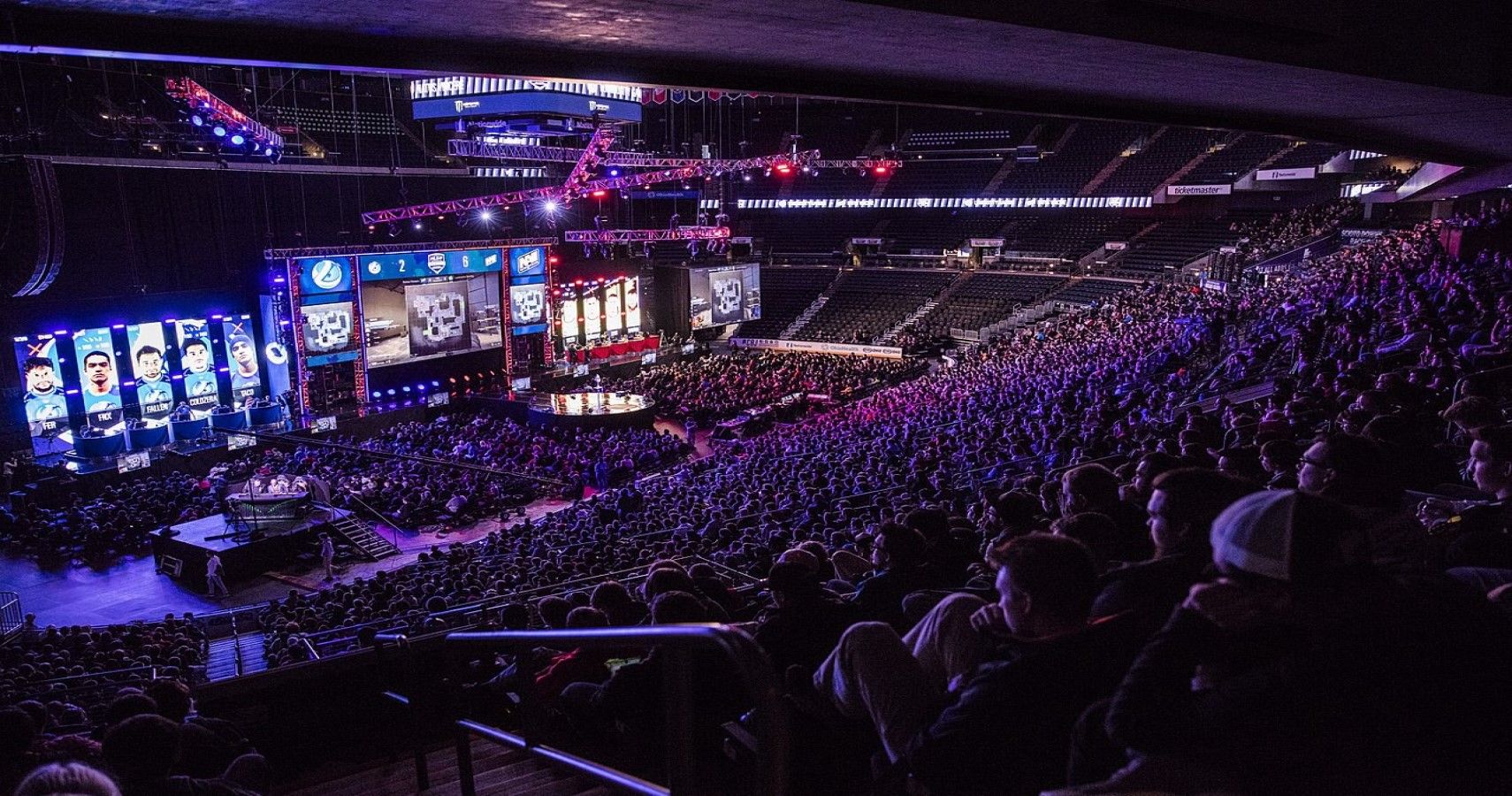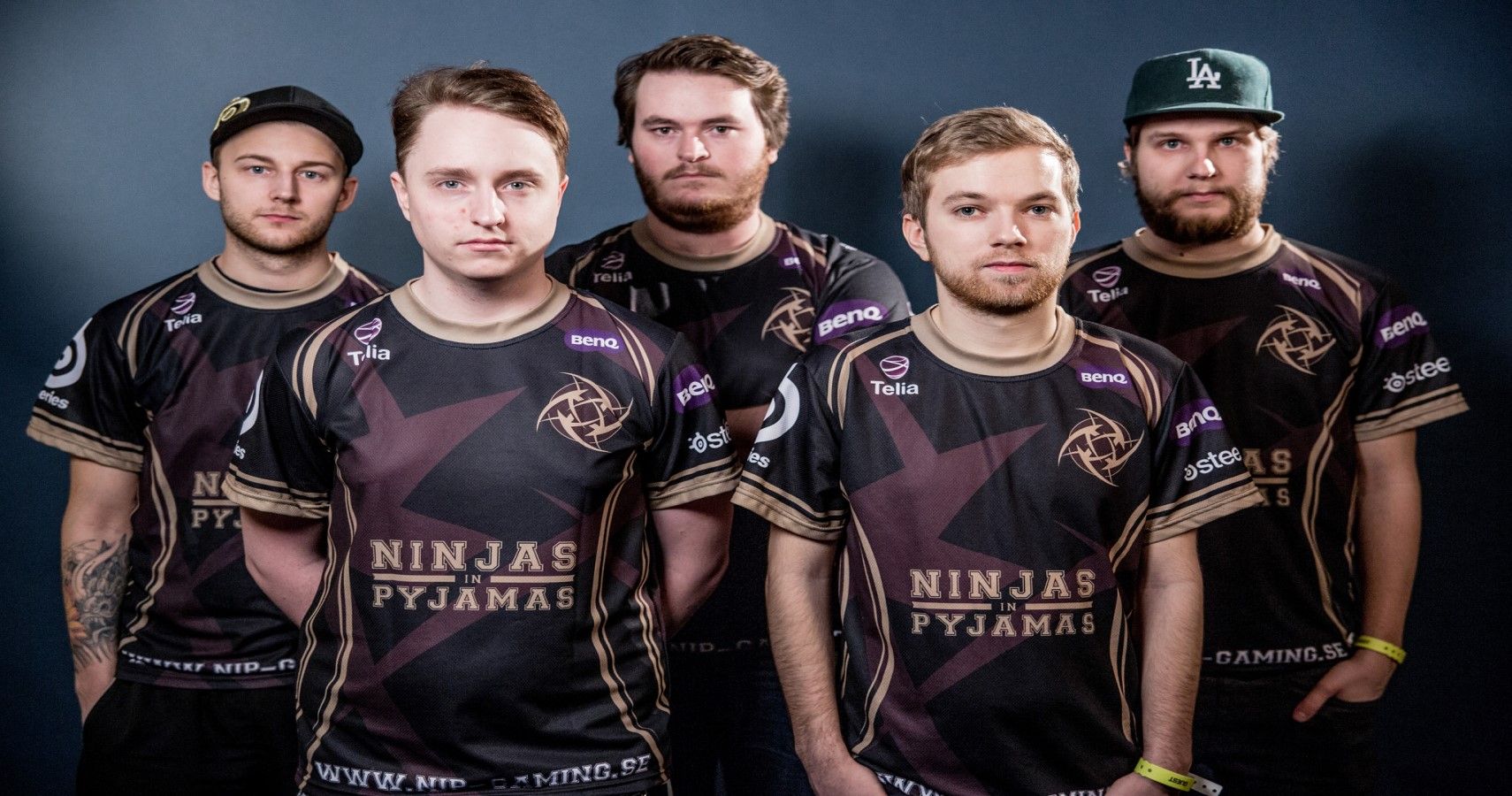With the recent legal battles that have transpired in Esports recently, its time we start to look at how they could impact the industry.
When Esports was small and growing it was much easier for teams to deal with all the legal issues and contract obligations associated with their players, but as the industry continued to grow, the details of each contract got more complex and the demands from players increased. While this was certainly good for the players themselves, it placed organizations in a tough spot as they hadn't had to deal with such contracts before. Initially, organizations would simply pay players a small salary in exchange for their participation in various tournaments and the use of their likeness in the promotion of products. Players would then be able to earn bonus money on top of their base salary through tournament winnings, which would be split among teams with more than one player.
As tournament money increased, so too did player salaries, causing a shift in contract language which would now stipulate that players couldn't leave an organization unless another team bought out their contract or they were absolved of their contract. Additionally, as streaming began to become more popular, organizations had to rework contracts to include a split of the revenue between the player and their organization. These contracts would end up giving the organization a large portion of the revenue and lead to the dispute between Tfue and Faze Clan. As legal representation for players wasn't commonplace at the time, organizations would often be able to get away with withholding prize winnings or cutting a player suddenly, something that would be brought to the public's attention by former NIP Counter-Strike player Fifflaren. With more allegations coming from other CS:GO teams and former players in various Esports organizations we're going to cover what the future of Esports may look like.
Longer Player Contracts With High Buyouts
Currently, most Esports contracts only last a few years, with buyout options available to the players and other Esports organizations. With the level of play increasing, especially in games like CS Go, we may see an era where teams lock down their best players for a long period of time. Additionally, we will probably see higher buy out options which ensure that players stay with certain teams for the duration of their contract, not unlike the NFL.
Contracts With Player Guarantees And Protections
The world of Esports is very volatile, with players dropping off in skill at a moments notice due to injury, life stress, or lack of team chemistry. As legal battles continue to rage on within the world of Esports, it's likely that players will begin to demand contracts which guarantee them a specific amount of money in the case of injury. Additionally, given that most players don't have the final say in the actions of a team, there may be added clauses in contracts which protect players from being cut or benched for a specified amount of time after a player transition has happened. This will ensure that players will have the time to gel with their new teammates and prevent them from suddenly being let go by teams after only a few months. With issues related to mental and physical health coming to the forefront, teams may soon add in language to their contracts which give players the time to recover without being let go in order to avoid legal issues.
A Greater Amount Of Player Associations
This is already starting to occur. Just like with any sport, as the money continues to grow, players will feel the need to band together in order to protect themselves from organizations with a lot of power and money. Additionally, for those players who are a part of a new organization, they will want to have a player's association which sets the rules and requirements for things like minimum pay, benefits, and treatment.
While some of these things are already happening, there's a good chance that many player organizations will take things a step further and secure legal representation for each new Esports athlete to ensure that their contracts remain fair and beneficial. In turn, we may experience an era where only wealthy organizations can participate, as many smaller organizations will be unable to provide the facilities or minimum payment required per player. It remains to be seen if these current player associations will require annual payments from their members, but it seems highly likely as the need for legal representation increases.
A Shrinking In The Number Of Esports Teams
While wealthy organizations can afford to fight expensive legal battles, most startup Esports organizations can't. While legal issues are certainly nothing new in the world of Esports, lawyers have become more interested in the area and more lawsuits have been filed than ever before. Add to that the fact that many player organizations are seeking a minimum pay and you have the perfect formula for dissuading any young organization from attempting to invest in Esports. While minimum pay and protection is good, it may only serve to protect those who have already established themselves in their respective sport and in-turn, prevent aspiring Esports athletes from getting their shot. With fewer teams comes fewer opportunities and its something that the player's associations will have to consider when setting minimum salaries.


